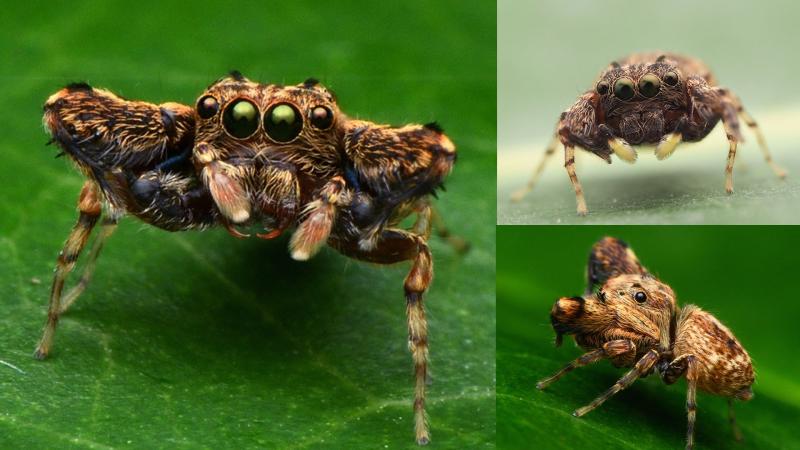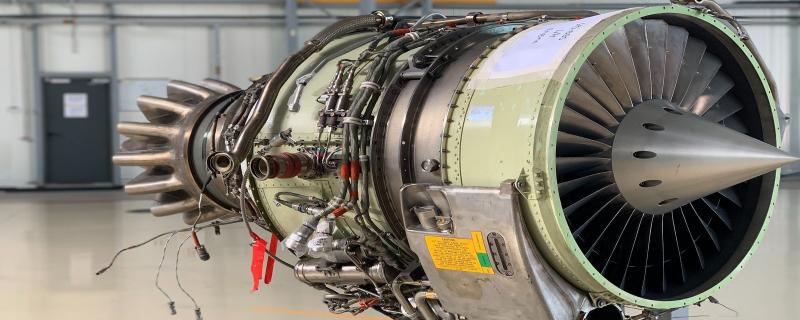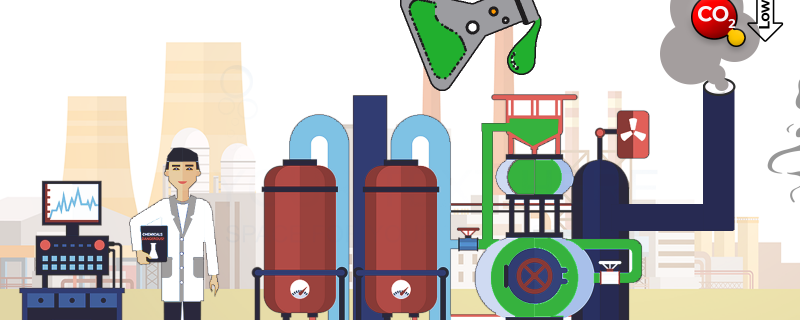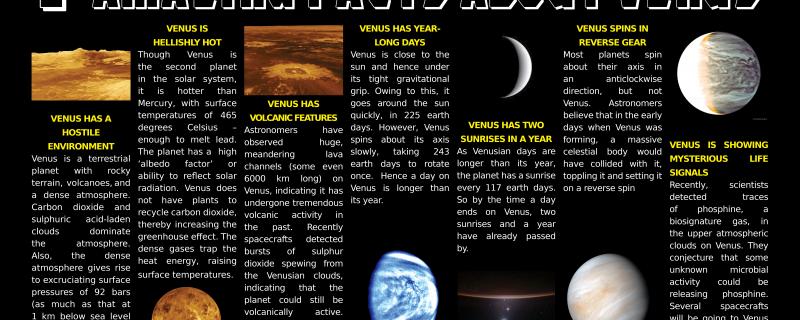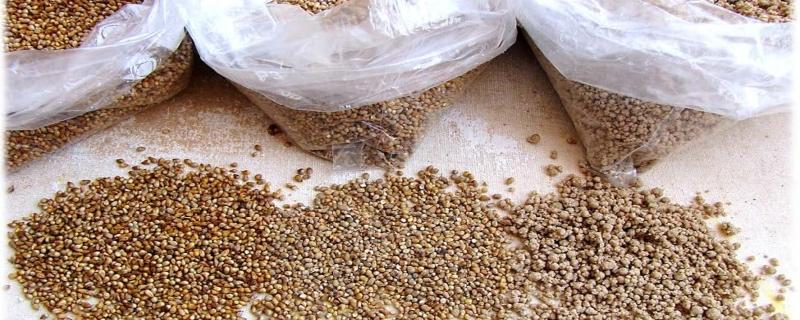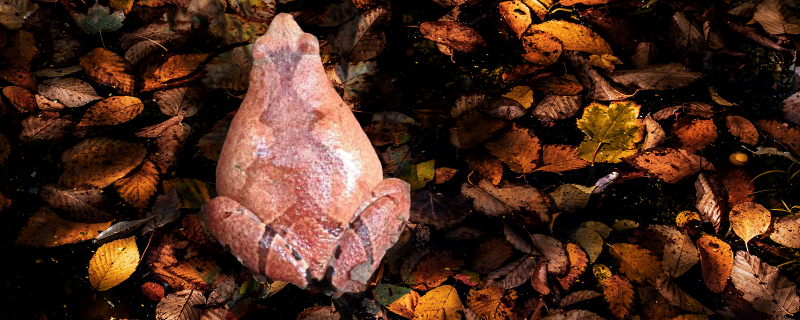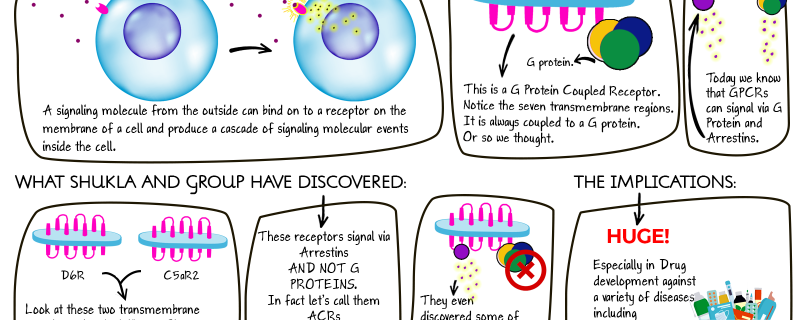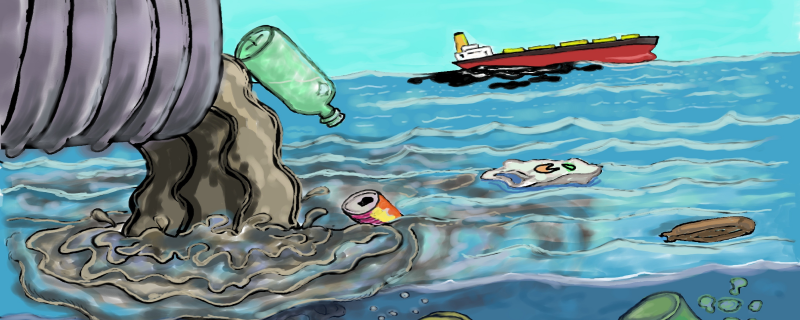Researchers have used mathematical analysis of thermodynamics of small scale systems for effectively cooling down IC chips, photovoltaic cells, and gas turbine blades of aero-engines.
Pilia, an enigmatic genus of jumping spider has just been rediscovered in the tropical forests of Western Ghats after a staggering 123 years. The find has not only led to the description of a brand-new species, Pilia malenadu, but, also allowed researchers to document the first-ever female of the entire genus.
Chennai/
